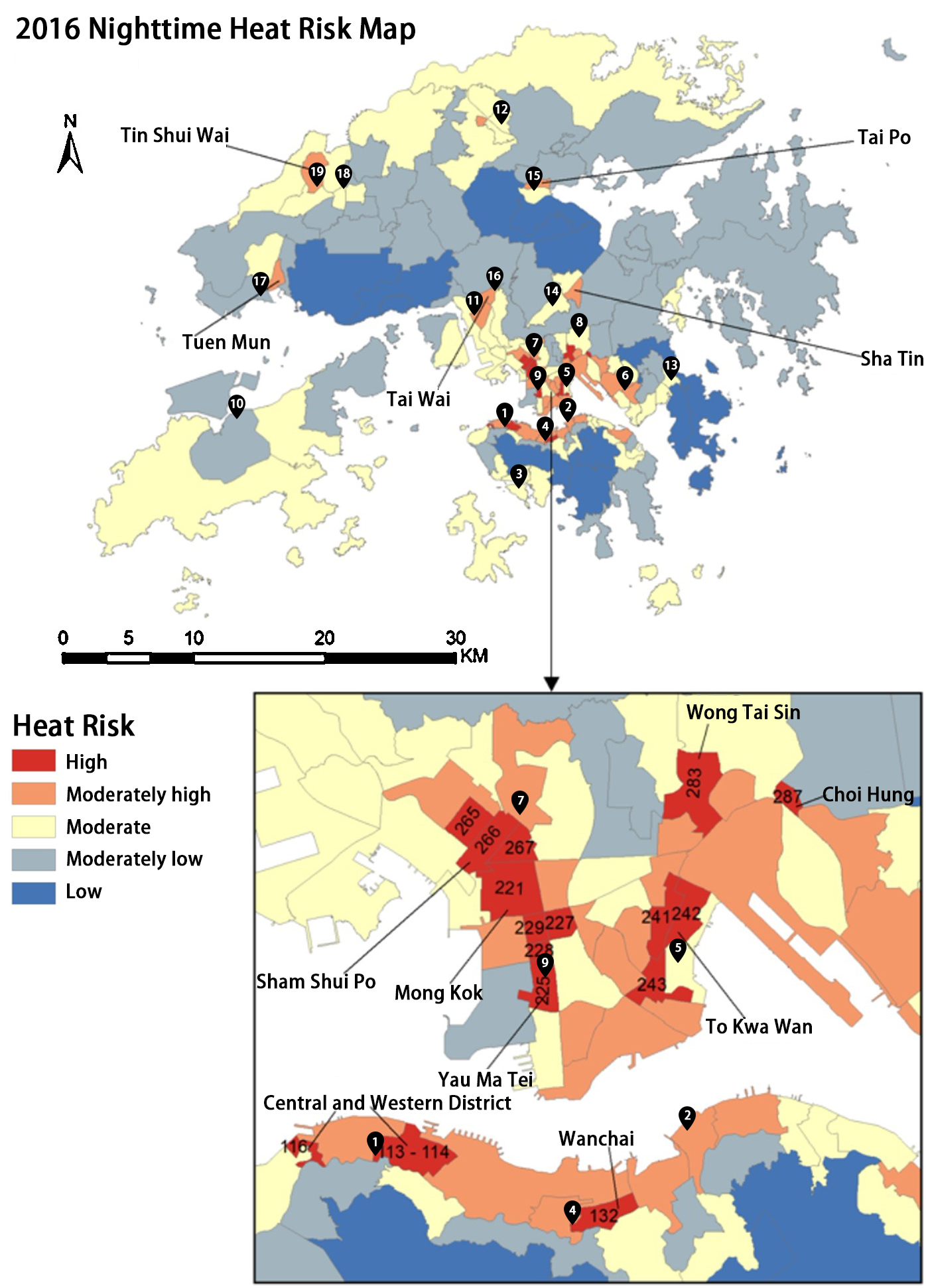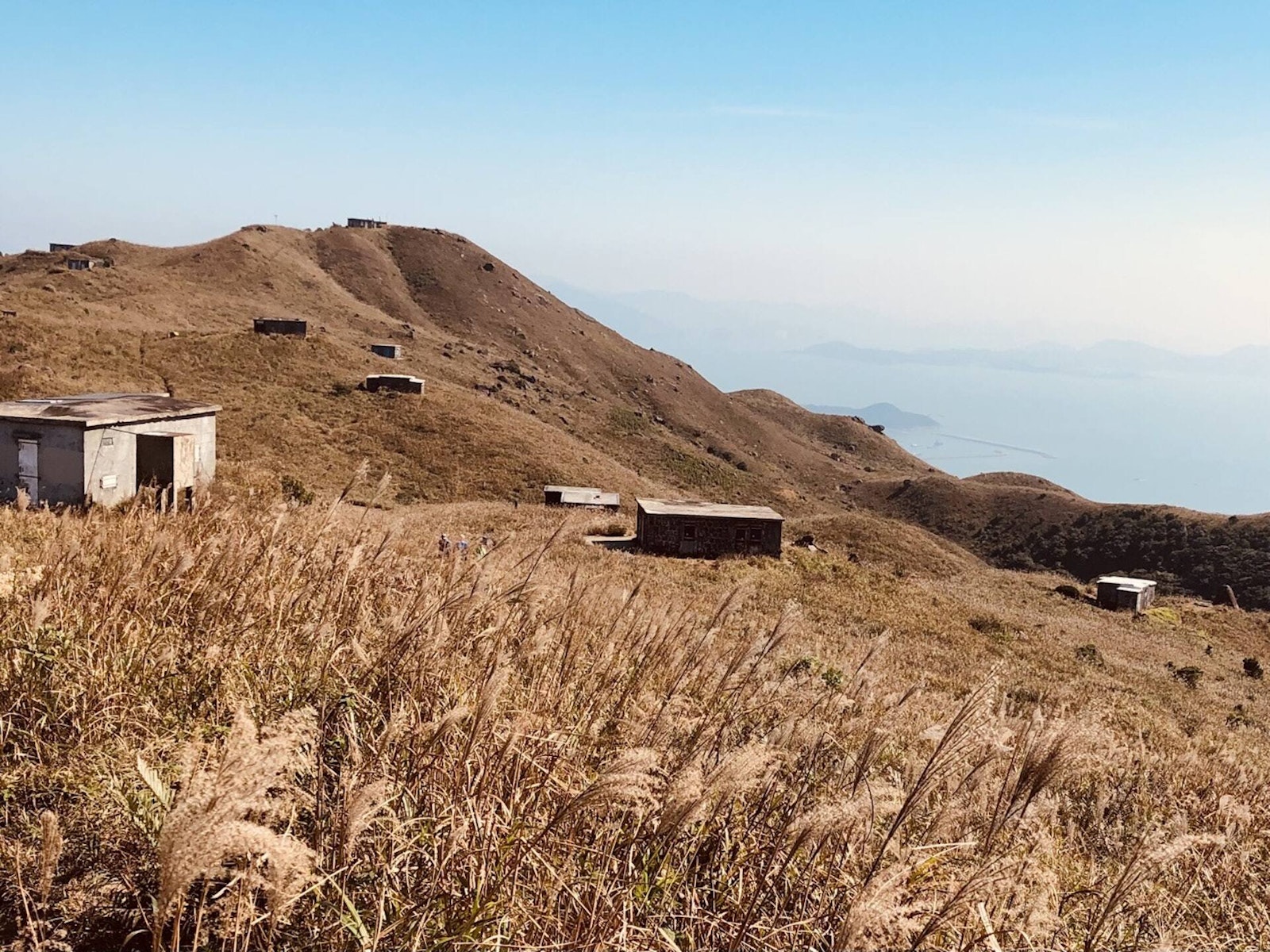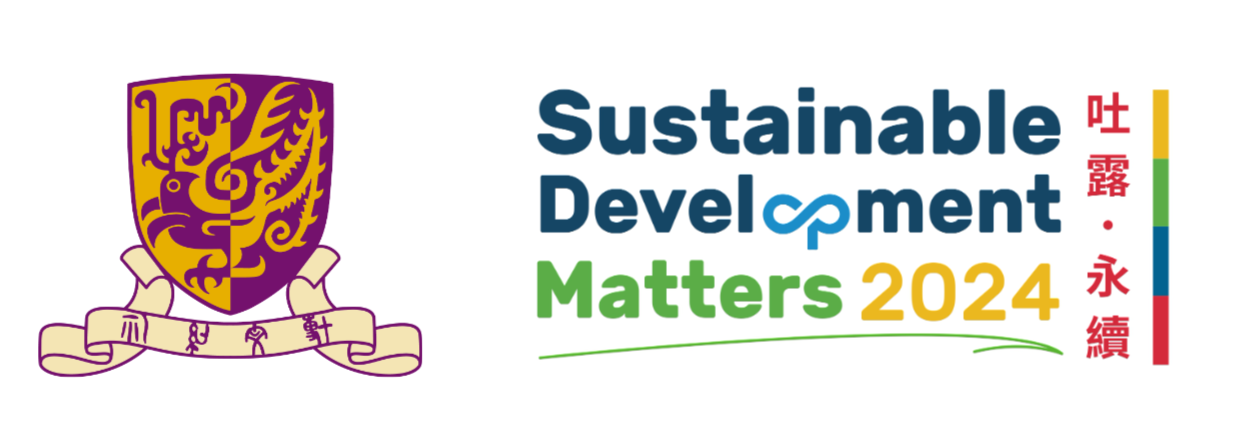SDG 11| Sustainable Cities and Communities
Make cities and human settlements inclusive, safe, resilient and sustainable
By 2050, it is predicted that up to 80% of the global population will live in cities, making sustainable urban development a more urgent priority than ever. To adapt to this transformation, stakeholders across the society must work together to build healthy, resilient, and sustainable cities. CUHK continues to assist the government in addressing Hong Kong’s urban challenges and developing innovative solutions to promote environmental conservation and sustainable urban development.
Curriculum
Policies
To safeguard its historical heritage and minimize disruption to wildlife, CUHK has implemented regulations for contractors working within the university campus and established Environmental Guidelines for Construction Sites.
CUHK is also committed to preserving the natural environment of its campus and takes care to protect all its trees. The University’s Tree Preservation Policy seeks to achieve a reasonable and feasible balance between tree conservation and campus development. To ensure the policy’s effective implementation, the University has developed Tree Preservation Guidelines, which are maintained by the Social Responsibility and Sustainable Development Office.
Research
Due to climate change and urbanization, Hong Kong has been experiencing hotter summers and more scorching days. A joint research included CUHK’s Institute for Future Cities predicted that extreme hot weather in Hong Kong will become more frequent in the future, with higher temperatures lasting longer. The research team proposed long-term planning for cooling facilities, such as setting up more nighttime heat shelters, and improving and optimizing the design of parks and public spaces to alleviate the impacts of extreme heat on public health. The findings of heat risk maps may also assist the government and charitable organizations in formulating supportive and emergency services during extreme hot weather.

Local authority collaboration on landscape of Lantau Mountain Camp
A research team led by Professor Thomas Chung from the School of Architecture has received $12.5 million from the Lantau Conservation Fund to conduct a three-year conservation management project on Lantau Mountain Camp. The team developed a sustainable conservation plan with camp residents, converting a strategically located cabin into a working support station that provides visitors’ emergency essentials, enables research, and establishes a digital platform to record biodiversity and manage visitor impact for social engagement and education.

PREVIOUS
Reduced Inequalities
SDG 10
NEXT
Responsible Consumption and Production
SDG 12
